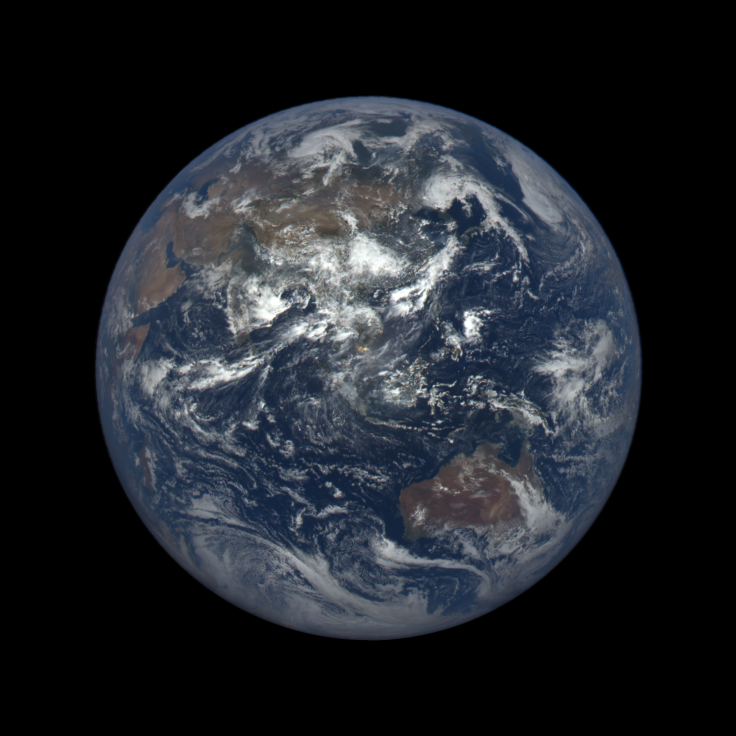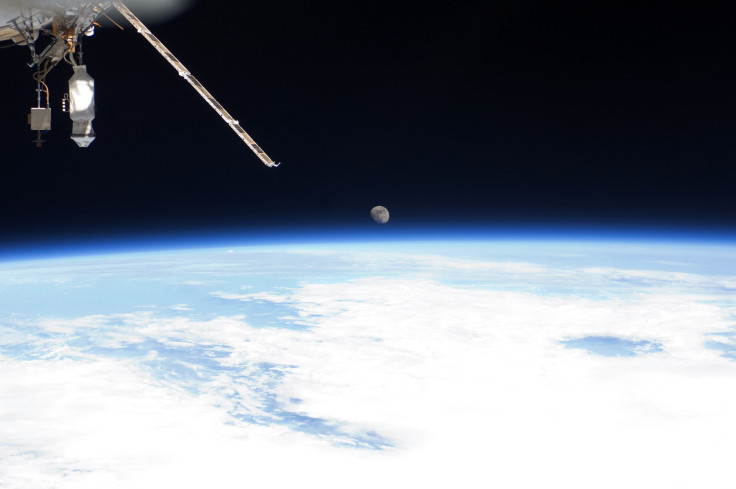Close, Earth-Like Exoplanet Discovered: Report

Scientists have discovered a new planet near in size to Earth, and because of its resemblance and close proximity, it’s “arguably the most important planet ever found outside the solar system,” the University of Maryland’s Drake Deming wrote in a commentary supplementary to a scientific report about the discovery, USA Today reported Wednesday. The planet, GJ 1132b, is located 39 light-years, or 230 trillion miles away, from Earth.
Boston University astronomer Philip Muirhead said that if planets outside the solar system, or exoplanets, were houses, GJ1132b “is not the house right next to yours, but it’s on the other side of the block,” according to USA Today.
GJ 1132b is similar to the size of Earth, rocky and roasting at 500 degrees Fahrenheit, according to a release from the Massachusetts Institute of Technology. Orbiting a small star, the planet is likely tidally locked, which means that it has a permanent day and night side, similar to how the moon is locked to Earth.
“If we find this pretty hot planet has managed to hang onto its atmosphere over the billions of years it's been around, that bodes well for the long-term goal of studying cooler planets that could have life," said Zachory Berta-Thompson, a postdoc in MIT's Kavli Institute for Astrophysics and Space Research, according to the release from MIT. "We finally have a target to point our telescopes at, and [can] dig much deeper into the workings of a rocky exoplanet, and what makes it tick."

While the planet is likely too hot to support life, it is not too toasty to have an atmosphere.
"This planet is cool enough that it can retain an atmosphere," said Berta-Thompson, according to the release. "So we think this planet probably still has something of a substantial atmosphere, in its current state."
The planet is close enough to be studied by the Hubble Space Telescope and its successor, which is expected to launch in 2018.
"We think it's the first opportunity we have to point our telescopes at a rocky exoplanet and get that kind of detail, to be able to measure the color of its sunset, or the speed of its winds, and really learn how rocky planets work out there in the universe," Berta-Thompson said, according to the release. "Those will be exciting observations to make."
© Copyright IBTimes 2024. All rights reserved.






















